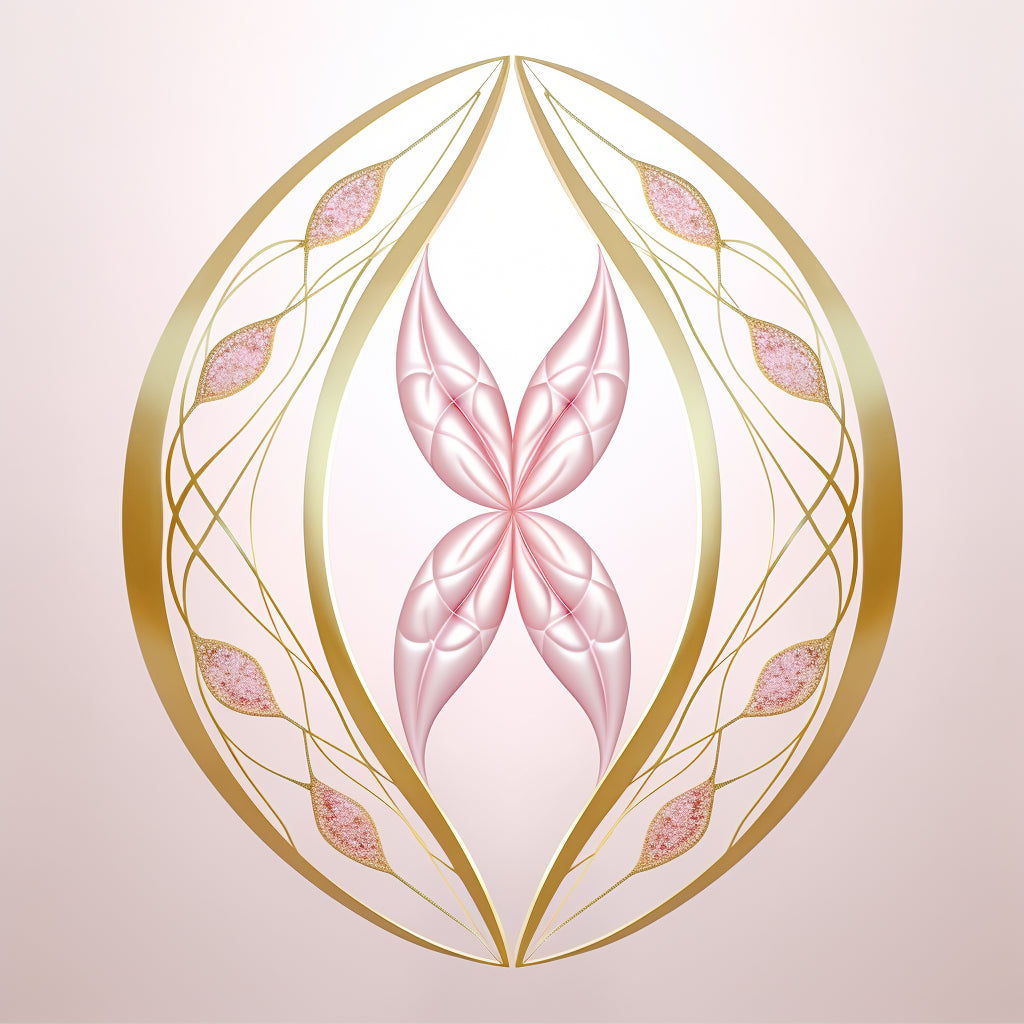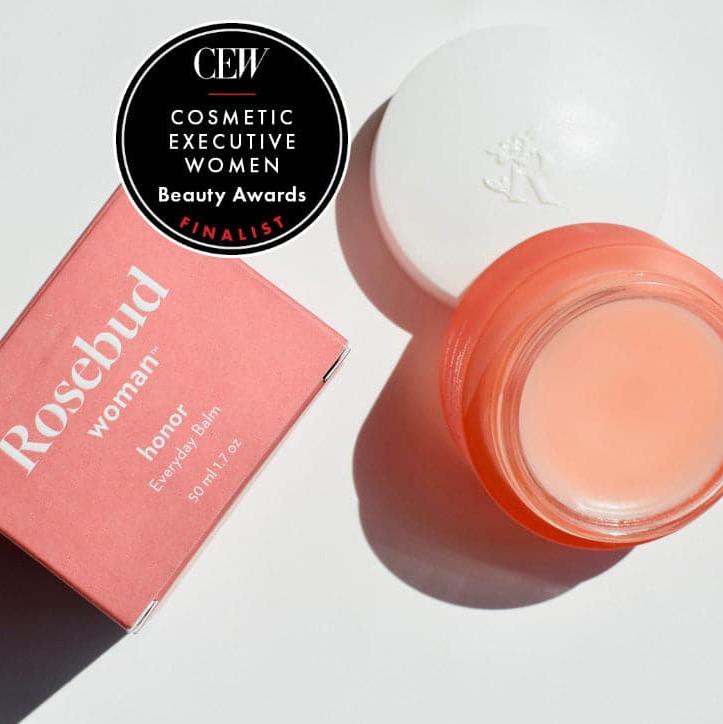Vaginal Dryness After Cancer: Understanding, Compassion, and Solutions
Cancer, while a word that brings to mind thoughts of survival, resilience, and medical intervention, also often ushers in a series of less-discussed but profoundly impactful side effects. One of the more intimate complications many cancer survivors face, particularly women who have undergone breast cancer treatments, is vaginal dryness. This essay delves into the causes of this symptom, its impact on quality of life, and potential solutions.
The Underlying Causes
Vaginal dryness after cancer treatments primarily arises due to the hormonal imbalances triggered by certain therapies. Chemotherapy, hormone therapy, and ovarian suppression therapy can lead to decreased estrogen levels, a hormone crucial for maintaining the lubrication and elasticity of the vaginal tissues. Reduced estrogen can lead to vaginal atrophy, making the vaginal tissues thinner, less elastic, and more fragile, leading to dryness and discomfort. Radiation therapy, especially when directed towards the pelvic area, can also affect the vaginal tissues directly, causing inflammation and dryness.
The Psychological and Physical Impacts
Beyond the physical discomfort, vaginal dryness can have profound psychological implications. Intimate relationships can be affected, as vaginal dryness can make sexual intercourse painful, leading to reduced sexual desire and intimacy-related anxiety. This can result in feelings of inadequacy, diminished self-worth, and potential strains in romantic relationships.
Further, the very act of dealing with such a personal side effect after surviving the arduous journey of cancer can lead to feelings of isolation. There's an unspoken expectation that post-cancer, one should be celebratory and grateful. Yet, dealing with intimate side effects can feel like navigating through uncharted waters, where expressing discomfort can be stigmatized.
Navigating Towards Solutions
Addressing vaginal dryness requires a multi-faceted approach:
Medical Interventions: Topical estrogen therapies, delivered in the form of creams, rings, or tablets, can help restore vaginal tissue health.
Topical Products: Over-the-counter lubricants and moisturizers can also alleviate the immediate symptoms of dryness and make sexual activity more comfortable. We formulated Honor Everyday Balm as a nontoxic, plant based and potently effective solution, and many cancer survivors (thrivers!) report excellent results. (Insert quotes??)
Pelvic Floor Therapy: Engaging in pelvic floor exercises or seeking the assistance of a pelvic floor therapist can improve blood flow to the area, potentially alleviating some of the symptoms of vaginal dryness.
Open Communication: It's essential for survivors to communicate with their partners about their discomfort. Setting mutual expectations and exploring alternative forms of intimacy can help in maintaining a fulfilling emotional and physical relationship.
Support Groups and Counseling: Joining support groups or seeking individual counseling can provide an avenue to express feelings and learn from others who have faced similar challenges. It offers a safe space to discuss concerns that might feel too personal or stigmatized in other environments.
Holistic Approaches: Some women find relief from symptoms through alternative and holistic approaches such as acupuncture or specific dietary changes. While these methods may not have a vast body of research backing them, individual experiences can vary, and some may find them beneficial.
While the journey through cancer is undeniably challenging, the aftermath brings its own set of trials that require understanding, compassion, and comprehensive care. Vaginal dryness, while a common side effect, remains in the shadows of cancer care conversations. Shining a light on it, destigmatizing the discussions surrounding it, and actively seeking both medical and emotional solutions are vital steps toward ensuring a holistic healing process for cancer survivors.
























